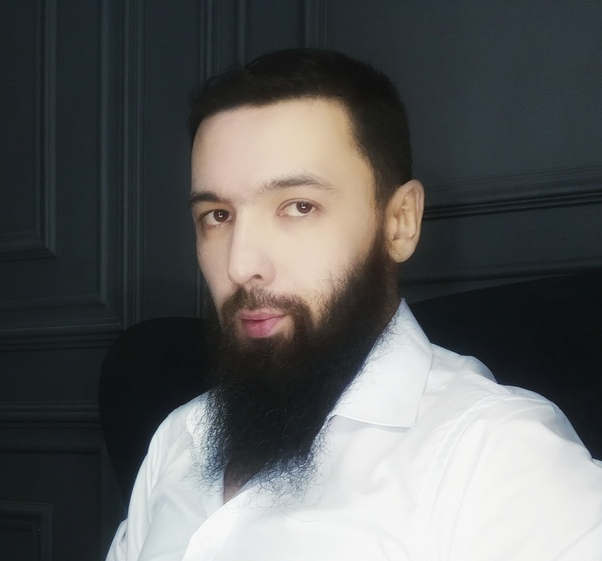
In today’s world, many face various challenges and struggles that can have negative spiritual, physical, or emotional effects. From stress and anxiety to illness and even unseen threats like black magic or the evil eye, we are constantly exposed to forces that could harm our well-being. As Muslims, we have been given powerful tools to seek protection and healing, one of the most profound being Ruqyah.
Ruqyah is the practice of using the Quranic verses and authentic supplications (duas) to protect oneself from harm and seek healing from various ailments. Rooted in the teachings of Islam, Ruqyah is not only a method of healing but also a shield against harmful forces, be they physical, psychological, or spiritual.
Understanding Ruqyah
Ruqyah comes from the Arabic word “Raqqa,” which means to recite, to chant, or to heal. The practice involves the recitation of specific Quranic verses and authentic duas, as prescribed by the Prophet Muhammad (PBUH), that invoke the mercy and protection of Allah. These verses and supplications are used to protect individuals from threats such as black magic (sihr), the evil eye (al-‘ayn), jinn, and other harmful forces.
The significance of Ruqyah is clear in numerous hadiths. For example, the Prophet Muhammad (PBUH) said: “Recite the Qur’an, for it will come as an intercessor for its reciter on the Day of Judgment.” (Sahih Muslim). In another narration, the Prophet (PBUH) would frequently recite Surah Al-Falaq (113) and Surah An-Nas (114) for protection, particularly from the evil eye and jinn.
The Importance of Personal Protection with Ruqyah
Ruqyah is not just for physical illness; it is a form of comprehensive protection. It shields individuals from unseen negative forces that can manifest as emotional instability, physical illness, or spiritual disturbances. Personal protection with ruqyah primarily includes the following benefits:
- Protection from Black Magic (Sihr): Black magic, a form of sorcery intended to harm individuals, can be devastating. Ruqyah helps to neutralize the effects of black magic by invoking Allah’s protection and healing. Protection from the Evil Eye (Al-‘Ayn): The evil eye occurs when an individual’s jealousy or envy causes harm to another. The Prophet (PBUH) said, “The evil eye is real,” and it can lead to physical illness, misfortune, or depression. Through regular recitation of specific Quranic verses, ruqyah can safeguard individuals from this malevolent gaze.
- Protection from Jinn: Jinn, spiritual beings created by Allah, are a part of the unseen world. While most jinn are neutral, some can possess individuals or cause harm. Ruqyah, including reciting Surah Al-Jinn (72) and other protective surahs, can help prevent jinn-related harm and remove their influence.
- Spiritual Cleansing and Mental Peace: Beyond protecting from external harm, ruqyah purifies the heart, mind, and soul. It provides peace of mind, alleviates anxiety, and helps individuals stay grounded in their faith.
Conclusion
Personal protection with ruqyah is a powerful, divine means of safeguarding oneself from harm, illness, and negative spiritual influences. By integrating ruqyah into our lives, we draw on the strength of the Quran and the Sunnah to shield ourselves from the unseen forces that may threaten our peace and well-being. Ruqyah is not only a tool for physical and mental healing but a means of purifying the soul and reinforcing one’s connection with Allah. Whether you are facing personal challenges or seeking to protect yourself from external harm, ruqyah serves as a source of refuge, healing, and tranquility.

